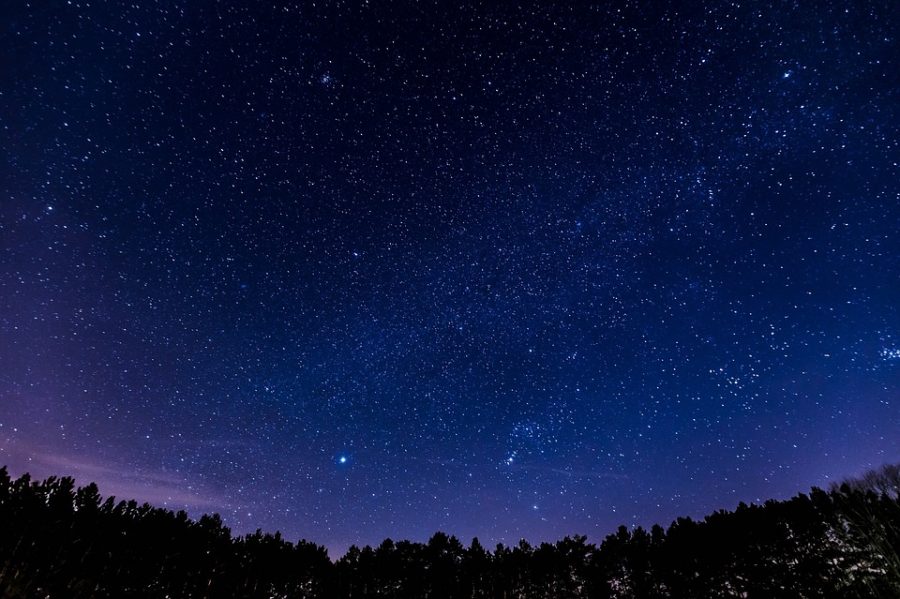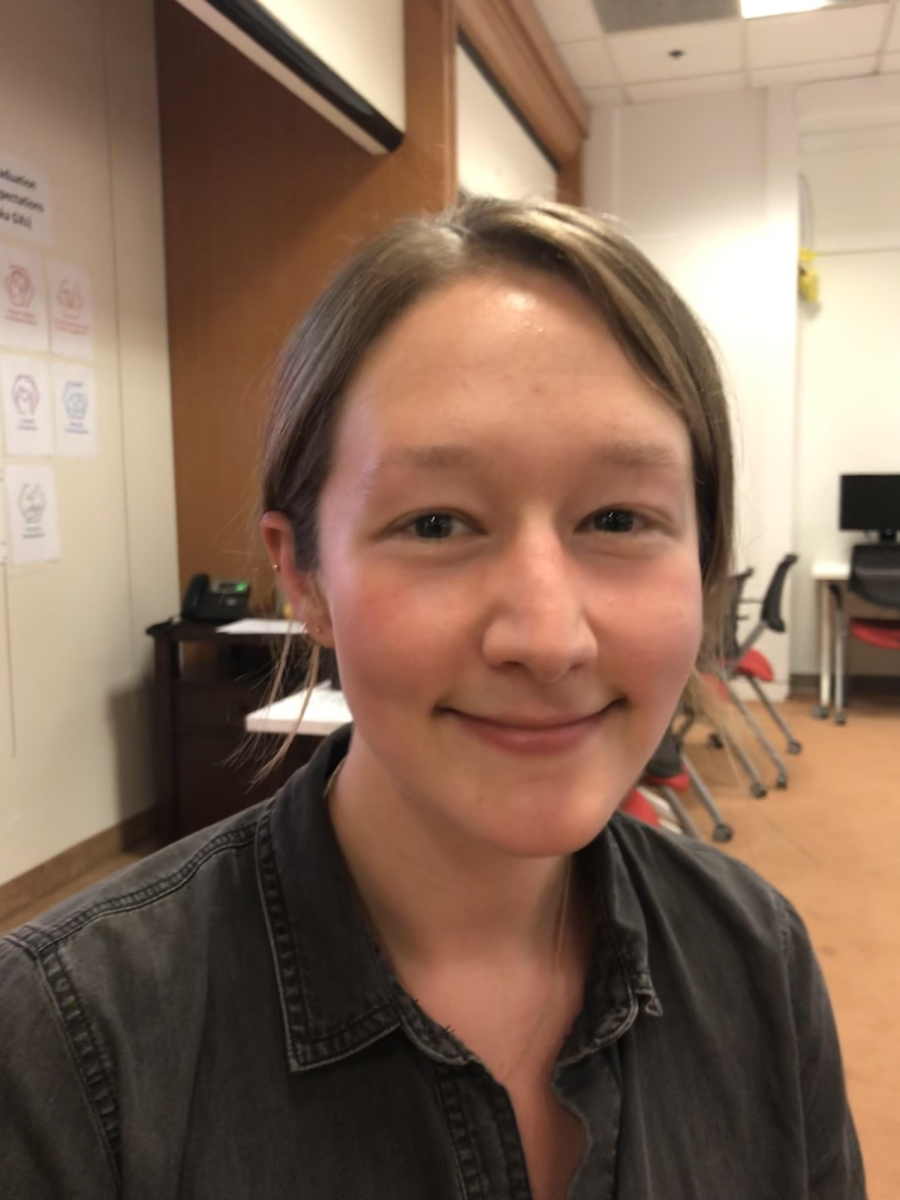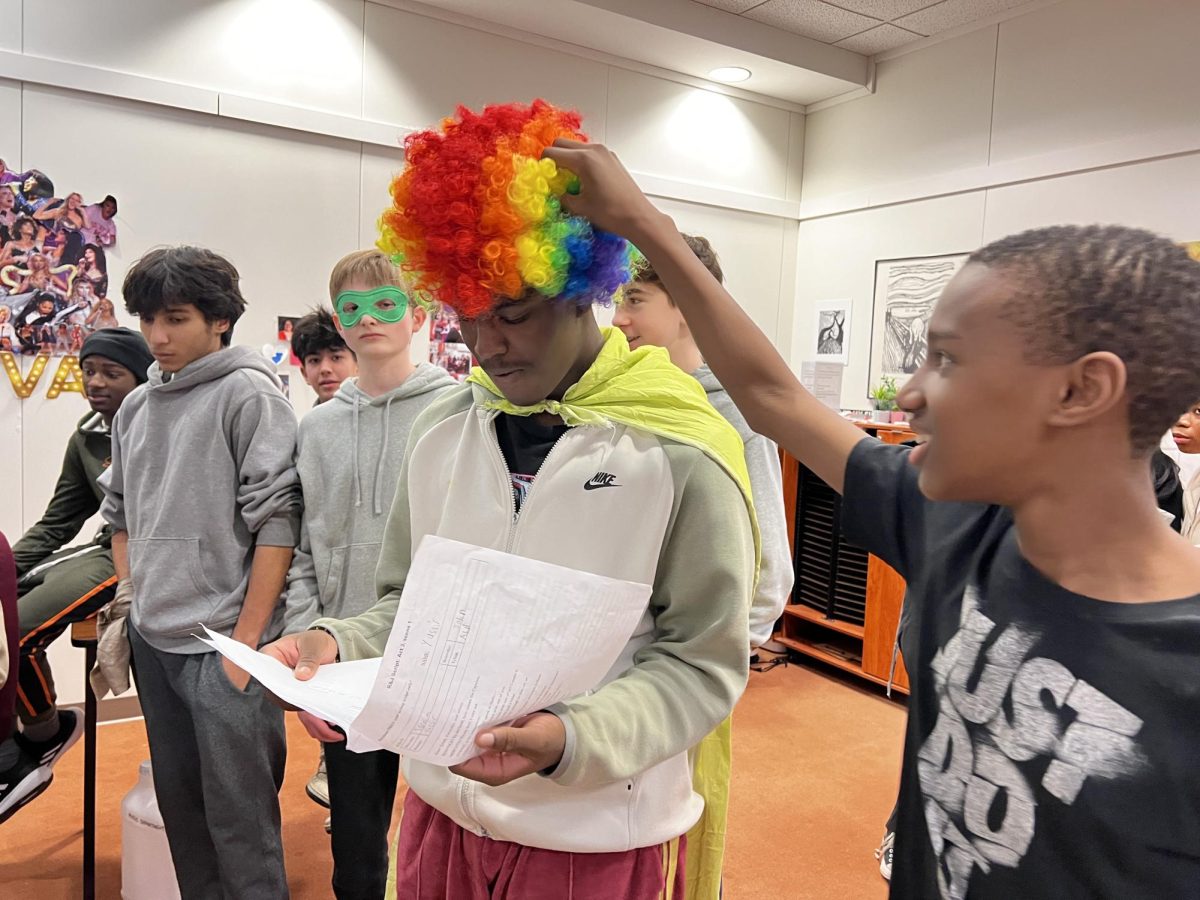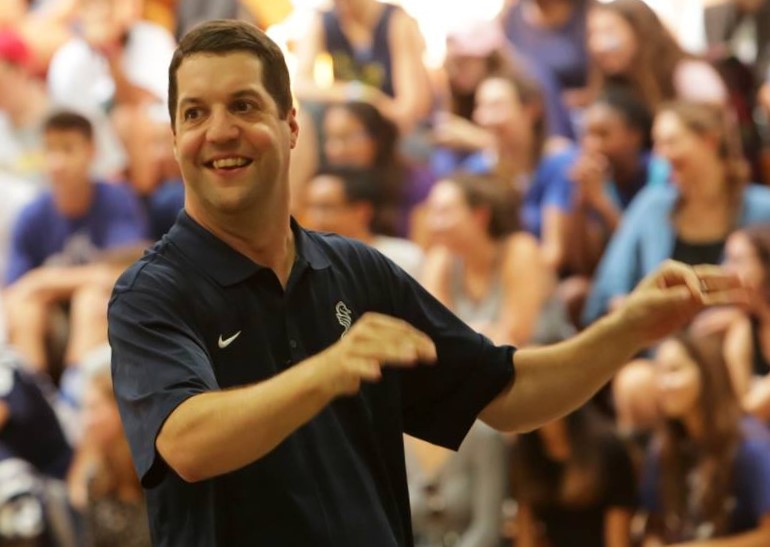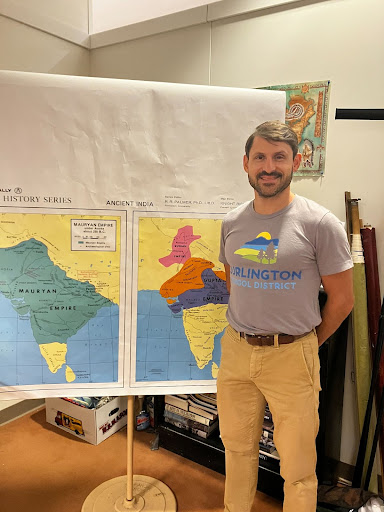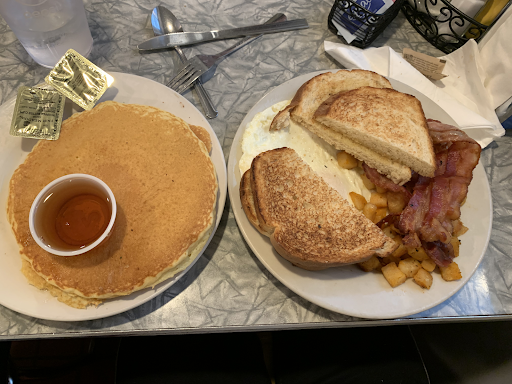By Nataleigh Noble
Humans have long been fascinated with the mystery of the world. It is human nature to try to explain the inexpiable, and as a result, myths, legends, and religions are born. In recent years, many people are once again looking to the skies for answers. Astrology has exploded into popular culture.
Astrology, in its simplest terms, can be described as the study of how celestial bodies, such as the moon, sun, stars, and planets affect life on Earth.
The practice is ancient. According to the New World Encyclopedia, the first record of astrology comes from the Babylonians of Mesopotamia in the second millennium BCE. There it spread to India, China, Greece, and Egypt and merged with indigenous beliefs. The type of astrology most common in the western world has its roots in Greek and Egyptian astrology.
Today, we consume our horoscopes and astrological charts from social medias like Instagram, astrology specific apps such as Co-star or websites like Cafe Astrology.com.
“Everything I’ve learned about astrology has been through the internet and just random googling because I was curious,” Kiley Trombly, a junior, said.
From memes on Instagram to ads promoting quirky celestial merchandise, it has become easy to get sucked into an astrological vortex on the internet. As the astrology trend grows, so does the divide between believer and non believers.
“I like to think of astrology as a midway point between science and art,” local Burlington astrologist, Tess Hadley Durand said. “This is the domain of synchronicity, where meaningful coincidences are not brushed aside and ignored, but rather paid attention to, and sometimes
treasured.”
Hadley Durand operates Evergreen Astrology, creates content such as her e-book, a podcast, and a blog, and gives astrological readings.
While Hadley Durand agrees with astrology adversaries that the practice is not rational, she says there is logic involved.
“The analytical process of comparing and relating signs and planets works on an accepted basis of fundamental traits and processes,” Hadley Durand said.
As a recently new mom, she says the moment a baby is born is very special.
“Astrology is alive in the here and now (stars and planets currently in the sky), and within you as an imprint of the moment you were born,” Hadley Durand said. “ I can say without a doubt that the baby’s first breath is a heightened and very magical moment, and the stars and planets are always somewhere specific.”
Scientists and cynics alike reject astrology as a science, or even a legitimate practice, while it’s followers continue to defend astrology (often offering to look up said cynic’s birth charts to convince them). But what does the debate look like at BHS?
THE SKEPTICS:
“If you have fun looking at [astrology], that’s okay, but you also have to acknowledge that it’s dumb,” BHS senior Kent Ford said.
Ford is not alone in this view. In a survey of 54 BHS students, 59.3 percent of respondents do not consider astrology a valid science.
“There is no possible way that the position of planets when you’re born affect your personality in any way at all. There just cannot be any scientific link between the two in any way,” one skeptic wrote.
When asked about the validity of astrology, science teacher Dr. Jacqueline Kohler sent the Register directly to Wikipedia:
“Astrology consists of a number of belief systems that hold that there is a relationship between astronomical phenomena and events or descriptions of personality in the human world. Astrology has been rejected by the scientific community as having no explanatory power for describing the universe. Scientific testing has found no evidence to support the premises or purported effects outlined in astrological traditions”.
Zodiac signs, birth charts, and horoscopes all depend on the position of the stars and other celestial bodies when an individual was born. For some, astrology has too little data available to be a credible source of information.
“I think most signs have personality traits I can relate to and some I disagree with,” Rebecca Cunningham, a BHS freshman said.
Cunningham indicates another one of astrology’s biggest critiques: it’s ambiguity. While zodiac signs supposedly reveal aspects of our personalities, many believe the characteristics assigned to each sign are too general.
“It becomes a confirmation bias,” Ford said “You see all this information and you accept the ones that fit you and then you sort of disregard the others.”
Some respondents indicated that although they believe in astrology, they view it as more of a religion than a science. Ethan Treadwell, a senior at BHS does not buy into this view.
“The point of religion is to explain why the world is the way it is and zodiac signs only explain why you are the way you are,” Treadwell said.
Treadwell remained unconvinced, despite the attempts of several passersby to explain their view of astrology.
“I think the burden of proof is in the people making up these things about zodiac signs. They’ve gotta prove that there’s something behind it. I don’t have to prove that it’s not true because I know that it’s not,” Treadwell said.
THE BELIEVERS:
Halle Newman, a BHS senior and co-editor of the Register has her own theory.
“I think it’s celestial magic,” Newman said. “I think the reason people get so fired up about it is because they don’t want to fit into this box, but if there’s some truth to it then that’s scary. I was like that too.”
Newman recently had a change of heart when it comes to astrology. She only started believing in astrology after reading her complete birth chart. Birth charts, also known as natal charts, supposedly give insight into the character of a person based on the position of the planets and start at the exact time and location they were born.
“If you want to understand [astrology], the way to do it is to not accept it as the complete picture of who you are, but use it as a window or a perspective to look at yourself,” Newman said.
Izzy Smith, a junior at BHS, says that astrology can be a useful tool for introspection, even if you do not believe that celestial phenomena have any impact on your life.
“I like astrology because I feel like you learn so much about yourself,” Smith said. “Whether or not you feel like your placement is accurate, it makes you think about your behavior, relationships, and what you want in life.”
Real or not, humans have used the stars as a guide for centuries, and this tradition does not seem to be going away anytime soon.
“Just let yourself believe…this is just something so abstract that you have to submit yourself to it momentarily,” Newman said. “How do you explain the people who you walk up to and they guess your zodiac sign, just by knowing you and looking at you? There has to be some truth to it.”




